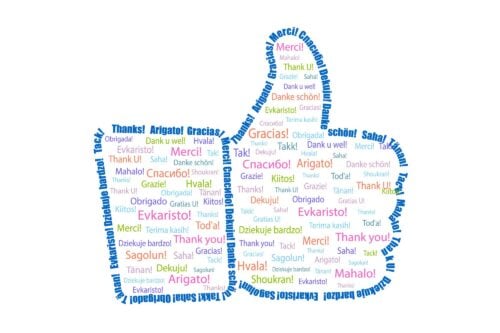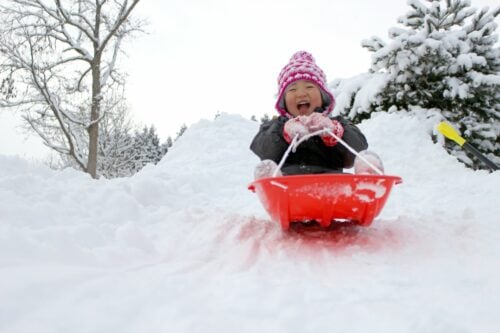Share on your favorite
Or copy the link
Below are navigation links that will take you to the main text and navigation menus.
26,551 first names, 70,620 last names, 333,585 kanji variations.
one of the best Japanese name search tools for your baby!

When it comes to baby names in Japan, popularity rankings aren’t just about timeless classics—parents keep a keen eye on cultural events, sports teams, and even pop culture when selecting names for their newborns. Every year, several organizations (including Meiji Yasuda Life Insurance) publish most common baby name lists, offering insights into current trends. This article dives into how these rankings work, what influenced 2017’s top choices, and the deeper significance behind each name’s kanji and pronunciation.
Contents
In 2017, one major naming trend involved high-profile Japanese sports teams that shone globally. Parents often look to these teams’ nicknames or symbolic elements for inspiration.
Case in Point:
This phenomenon isn’t limited to sports—some years see a spike in names related to popular anime, newly released movies, or national idols.
Below are the five most popular kanji for boys and girls in 2017. Each kanji set can be read in multiple ways, highlighting the versatility of Japanese naming.
Why These Kanji Matter
Sometimes, the most popular pronunciations differ from the most popular kanji forms. Japanese parents may pick a sound like “Haruto” but choose different character sets to express it. Each year, Meiji Yasuda Seimei also releases the top 5 or 10 pronunciations—even if the exact kanji vary widely.
Japanese naming customs evolve each year. Some highlights from 2017 include:
As the years roll on, new inspirations—be it from sports, popular manga/anime, or global events—will continue shaping which names top the charts. For non-Japanese speakers, exploring these name trends offers a window into Japan’s cultural heartbeat—where a simple name can encapsulate a vibrant story of tradition, aspiration, and modern flair.
Reference: 明治安田生命の「2017年生まれの子供の名前」



Sort by: Most Relevant
Sorts names by how closely they match your search meaning. Names containing more kanji that match your search terms appear higher in the results.
Sort by: Most Kanji Variations
Sorts names by how many different kanji spellings they have. In general, names with more variants tend to be more familiar and widespread in Japan (with some exceptions).
Sort by: Most Viewed
Sorts names by page views on this site. Views reflect global traffic (including Japan), so this does not represent popularity among Japanese people only. A high view count does not necessarily mean the name is famous in Japan.
What is Hiragana?
Hiragana is one of the two Japanese syllabaries. Each character represents a sound (mora), not a meaning. It is used for native words, grammatical particles, verb/adjective endings (okurigana), and to show pronunciation above kanji (furigana). It developed from cursive forms of kanji.
What is Katakana?
Katakana is one of the two Japanese syllabaries. Each character represents a sound (mora), not a meaning. It is mainly used to write foreign words and names, loanwords, onomatopoeia, and for emphasis.
What is a Kanji Idea?
Kanji are Chinese characters used in Japanese writing. Unlike katakana and hiragana, each kanji character carries its own meaning.
When we convert your name into kanji, we select characters whose sounds match the Japanese pronunciation of your name, while also considering the meaning of each character. The result is a unique combination of kanji that both sounds like your name and carries meaningful symbolism.
We refresh the kanji combination each time you visit, so you can discover different options. If you find one you like, save it to your favorites!
What are English Syllables?
A syllable is a unit of pronunciation in English — it’s the beat you hear when you say a word.
Here are a few quick examples:
cat = 1 syllable
ba-by = 2 syllables
beau-ti-ful = 3 syllables
On this site, English Syllables show how a name naturally breaks into sounds when spoken in English. This helps you understand how English speakers naturally say the name and where they pause between sounds.
What are Japanese Morae?
A mora (plural: morae, Japanese: 拍 Haku) is the basic unit of sound in Japanese — think of it as one rhythmic “beat” when speaking.
Here are a few quick examples:
あ (a) = 1 mora
あい (a-i) = 2 morae
きょう (kyo-u) = 2 morae
On this site, Japanese Morae show how many “beats” a name has in Japanese. Most Japanese names have about 2–4 morae, which affects how natural and rhythmic the name sounds to native speakers.
This helps you see how the name fits into the natural rhythm of Japanese speech.
What is English Transcription?
“English transcription” (romanization) is the romanized form of a Japanese name, intended to reproduce its pronunciation as closely as possible. It is also useful for searching names on this site.
Japanese-Style Nicknames
In Japan, nicknames are used to express familiarity and affection. Typical features include:
Shortened forms: Names are often shortened for closeness, e.g., “Yuki” from “Yukiko” or “Taka” from “Takashi”.
Suffixes: Terms like “-chan” (often for girls, also for young children) and “-kun” (often for boys) are used among family and close friends. Among very close adults, “-chan” may still be used. More details
Use & context: Nicknames are informal—common among friends, family, or close colleagues—and are not suitable for formal or professional settings. Their use implies a certain degree of intimacy.
Long vowels: The long vowel mark “chōonpu” (ー) extends the preceding vowel. For example, “あーちゃん” (A-chan) lengthens the “あ” sound.
Households
Sorts surnames by the estimated number of Japanese households that use them. More households generally indicates a more common or well-known surname.
About our last-name data

Success
Migration completed successfully!